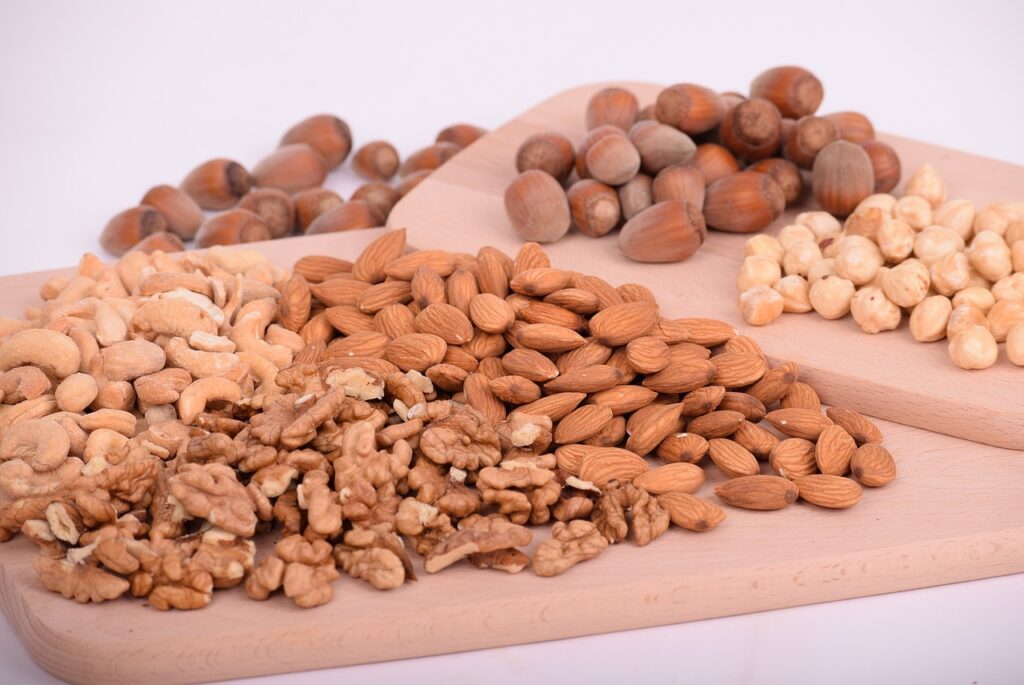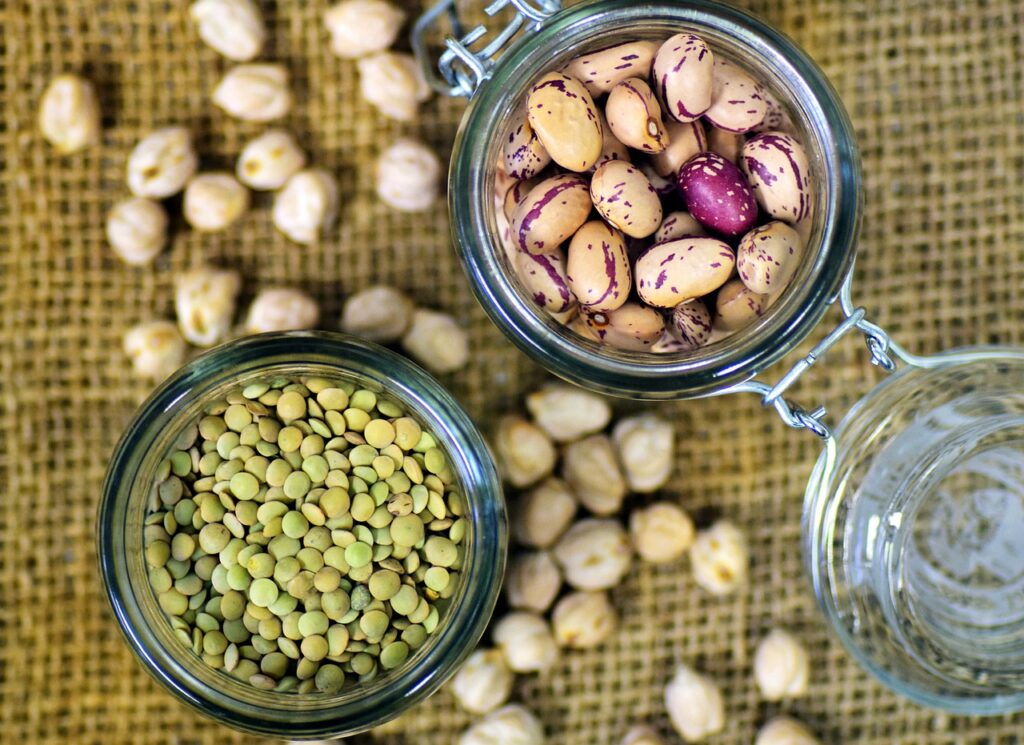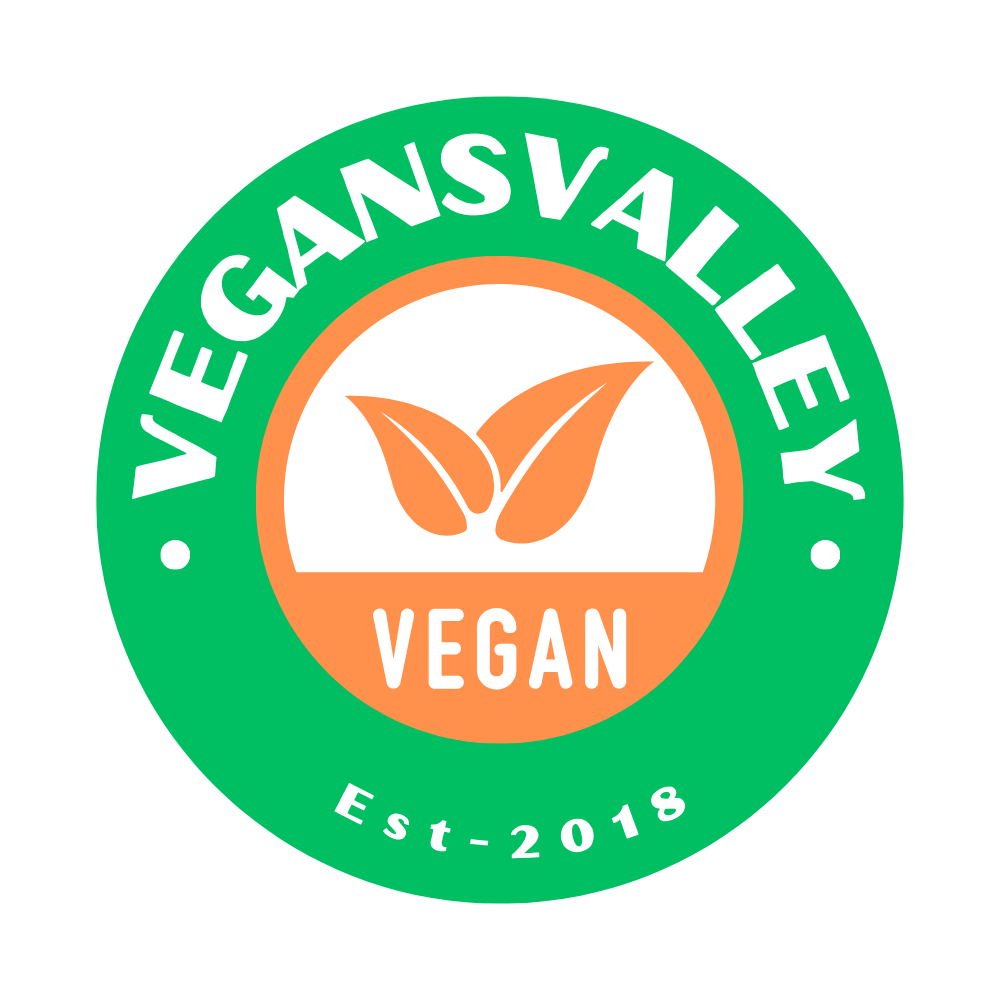Best Vegan Protein Sources: Fuel Your Body The Plant-Based Way
Switching to a vegan lifestyle is empowering, but it often comes with questions like, “Am I getting enough protein?” or “Are plant-based proteins as effective as animal-based ones?” These concerns are valid, as protein plays a vital role in muscle growth, repair, and overall health. Understanding and incorporating vegan protein sources into your diet can help address these concerns effectively.
The good news? There’s an abundance of vegan protein sources that are not only nutritious but also incredibly versatile and delicious. Whether you’re a seasoned vegan or just exploring plant-based eating, this guide will help you unlock the best protein-packed foods for a vibrant, healthy lifestyle.

Why Protein Matters (and Why Vegans Need to Plan)
Protein is a macronutrient crucial for building and repairing tissues, producing enzymes, and supporting a robust immune system. While many associate protein with meat, dairy, and eggs, there are countless plant-based options that provide all the amino acids your body needs. The key is variety and balance.
Let’s dive into the top vegan protein sources you should add to your meals today.
Best Vegan Protein Sources
1. Legumes
Legumes like lentils, chickpeas, black beans, and kidney beans are protein powerhouses. They’re also rich in fiber, iron, and complex carbohydrates, making them a staple in any vegan diet.
- Protein Content: About 18g of protein per cup (cooked lentils).
- How to Use: Add to soups, stews, curries, or salads. Blend chickpeas into hummus for a protein-rich snack.
2. Tofu, Tempeh, and Edamame
Derived from soybeans, these options are versatile, high in protein, and packed with essential amino acids.
- Protein Content: Tofu (10g per ½ cup), Tempeh (15g per ½ cup), Edamame (8g per ½ cup).
- How to Use: Stir-fry tofu, grill tempeh for sandwiches, or snack on steamed edamame.
3. Quinoa
Quinoa is a complete protein, meaning it contains all nine essential amino acids. It’s also gluten-free and high in fiber.
- Protein Content: 8g per cup (cooked).
- How to Use: Substitute for rice, mix into salads, or enjoy as a breakfast porridge.
4. Seitan
Known as wheat meat, seitan is made from gluten, the main protein in wheat. It’s chewy, savory, and perfect for replicating meat-based dishes.
- Protein Content: 21g per ½ cup.
- How to Use: Grill, sauté, or simmer in your favorite sauce.
5. Nuts and Seeds
Almonds, peanuts, chia seeds, flaxseeds, and hemp seeds are excellent sources of protein and healthy fats.
- Protein Content: Almonds (7g per ¼ cup), Chia Seeds (5g per 2 tablespoons).
- How to Use: Sprinkle seeds on smoothies, oatmeal, or salads. Enjoy nut butters as spreads or dips.
6. Nutritional Yeast
This cheesy-tasting vegan staple is a great source of protein and vitamin B12.
- Protein Content: 8g per 2 tablespoons.
- How to Use: Sprinkle on popcorn, pasta, or roasted vegetables.
7. Plant-Based Protein Powders
For a convenient protein boost, try powders made from pea, rice, or hemp proteins. They’re perfect for smoothies or post-workout shakes.
- Protein Content: Varies by brand, but typically 15-20g per serving.
- How to Use: Blend with almond milk, fruits, and spinach for a nutrient-packed smoothie.

FAQs on The Best Vegan Protein Sources
Can vegans get enough protein without supplements?
Absolutely! By eating a variety of plant-based foods like legumes, grains, nuts, and seeds, vegans can meet their protein needs naturally.
What is a complete protein, and do I need to worry about it?
A complete protein contains all nine essential amino acids. While not all plant proteins are complete, combining foods (like beans and rice) ensures you get all the amino acids your body needs.
How much protein do I need daily?
The recommended dietary allowance (RDA) is 0.8g of protein per kilogram of body weight. However, active individuals or athletes may require more.
Are vegan protein sources suitable for weight loss?
Yes! Plant-based proteins are often lower in calories and saturated fat while being high in fiber, keeping you full longer and supporting weight management.
What’s the best vegan protein for muscle building?
Seitan, tofu, tempeh, and plant-based protein powders are excellent choices due to their high protein content and versatility.
Conclusion: Embrace the Power of Plant-Based Proteins
Incorporating these vegan protein sources into your diet isn’t just about meeting your nutritional needs; it’s about embracing a lifestyle that’s healthier for you and the planet. With so many delicious options available, eating a plant-based diet has never been more exciting or satisfying. Start experimenting with these ingredients today and discover how easy it is to thrive on a vegan diet.
Remember, every meal is an opportunity to nourish your body and make a positive impact—one plant-based bite at a time.
